[ad_1]
Saddle turning into might be intimidating, nevertheless understanding the basics allows you to choose a saddle that best suits you and your horse. Not solely is a good-fitting saddle further fulfilling to journey in, nevertheless ill-fitting saddles can also set off long-term hurt to your horse’s shoulders and once more. Ache from a poorly fitted saddle could trigger behavioral factors and even career-ending lameness.
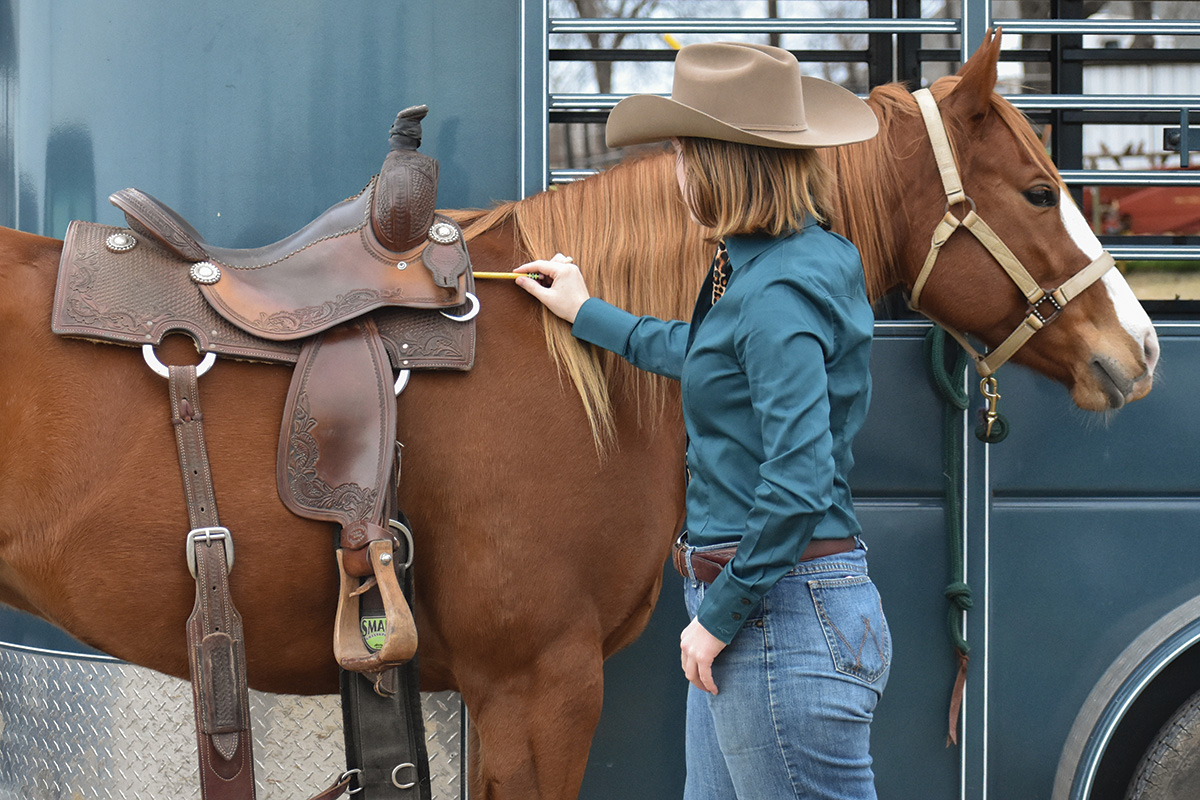
German state-certified Grasp Saddler Jochen Schleese of Schleese Saddlery has devoted his life to designing saddles that defend horses and riders from long-term hurt.
“Horses do not consciously behave poorly,” Schleese says. “The horse can react very fast to a very small amount of stress when it’s inside the incorrect spot.”
Luckily, advances in know-how have tremendously benefitted the saddle-fitting commerce. Cameras, infrared heat mapping and equine treadmills equip saddle fitters to understand horses’ saddle match needs larger than ever.
Indicators of Damage
Recognizing the symptoms of an ill-fitting saddle is the 1st step in direction of making a change. Based mostly on Schleese, the stress it takes to crush a grape between your fingers is enough to annoy a horse.
Sick-fitting saddles can pinch nerves, set off muscle atrophy, and make horses numb as they work. Take into account pinching your pores and pores and skin alongside along with your fingernails: after a while, the ache and irritation is dulled, nevertheless the hurt is there.
An ill-fitting saddle can first set off wither blisters, which can be raised bumps on or near the withers all through driving. Dry spots (contained in the saddle sweat stain) on the once more and withers after practice, along with white hair improvement, level out one factor is wrong. Every of these indicators occur when intense stress is utilized to the pores and pores and skin. They’re precursors to cartilage degradation inside the shoulders, withers and once more—an unfixable draw back.
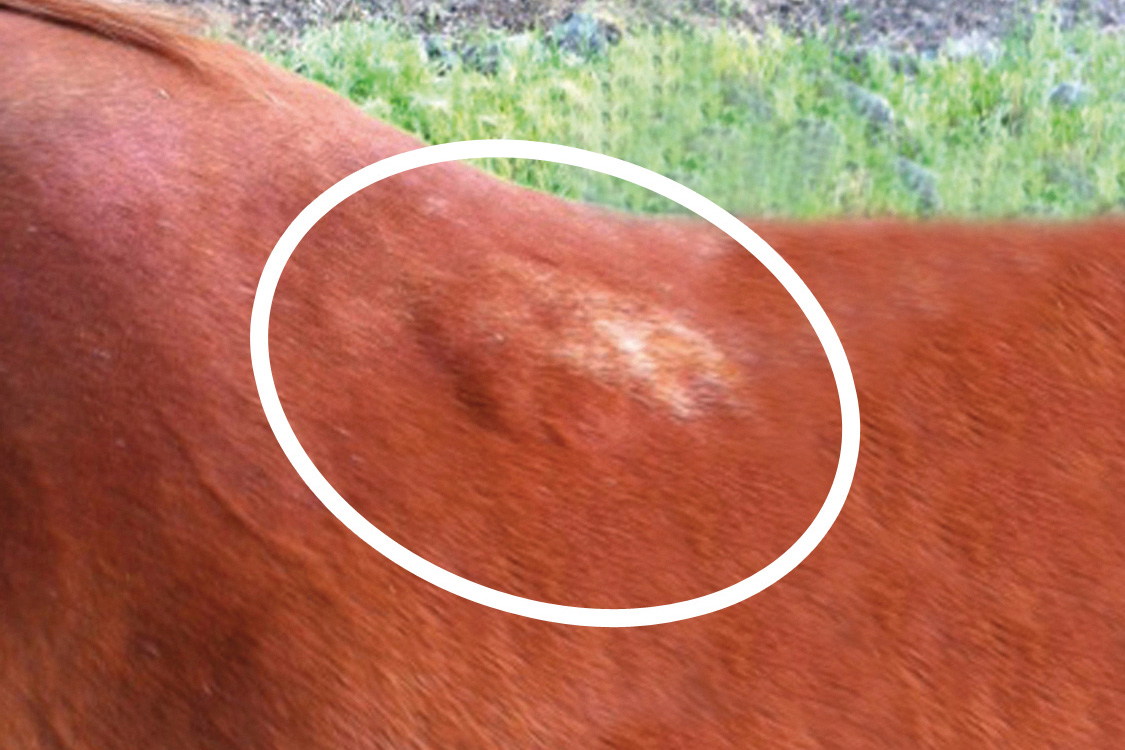
Other than the comfort and happiness of the horse, a well-fitting saddle reduces stress.
“When a horse is experiencing [pain], the center payment goes up, releasing [the stress hormone] cortisol inside the blood,” says Schleese. “[Cortisol] means extreme hazard of colic and ulcers.”
Whereas there are a variety of parts that go into turning into a saddle to a horse, Schleese says that understanding three particulars of turning into will set horse householders on the correct path.
1. Withers and Gullet Width
Riders research {{that a}} saddle should not at all contact the best of the withers, nevertheless don’t discover the perimeters of the withers are moreover extraordinarily delicate.
“The best is just bone and cartilage, nevertheless the edges have all these nerves,” Schleese says. “In nature, that’s the place stallions chunk each other. If a horse is bitten there, he’ll stop transferring forward. It ignites the nerves.”
Horses with saddles that pinch their withers current reluctance to maneuver forward and they also gap their backs, making it inconceivable to hold out in a safe and athletic methodology. Further stress is positioned on the tendons of their legs as they switch awkwardly, making an attempt to alleviate the pinching sensation the saddle applies to the withers.
Use a pencil to search out out if the saddle is huge enough for the horse’s shoulders. Check out this with the saddle resting on the horse with no saddle pad. Take a pencil and slide it beneath the perimeters of the saddle; the pencil ought to slip merely and evenly with regular contact between horse and saddle.
The withers need 4 inches of clearance on excessive and a few to a few inches throughout the edges to keep up from compromising the muscle teams and nerves inside the house. Saddles which could be too slim will pinch this house, whereas saddles which could be too huge will fall downward and “crush” the withers and the shoulders.
Take into account carrying a shoe that is too huge or small. If the shoe is just too small, your toes are cramped. Too huge, and your toes slam into the doorway of the shoe whereas working because of there could also be nothing holding your foot inside the acceptable place.
2. Weight Distribution and Saddle Measurement
Stability is probably going some of the very important parts in saddle turning into. Having a saddle that matches successfully on the withers with even contact down the once more is critical. Saddle bars are supposed to help your weight and distribute it over your horse’s once more muscle teams, nevertheless a horse that is under-muscled or overly fat may experience the bars pressing extra sturdy in some places, inflicting stress.
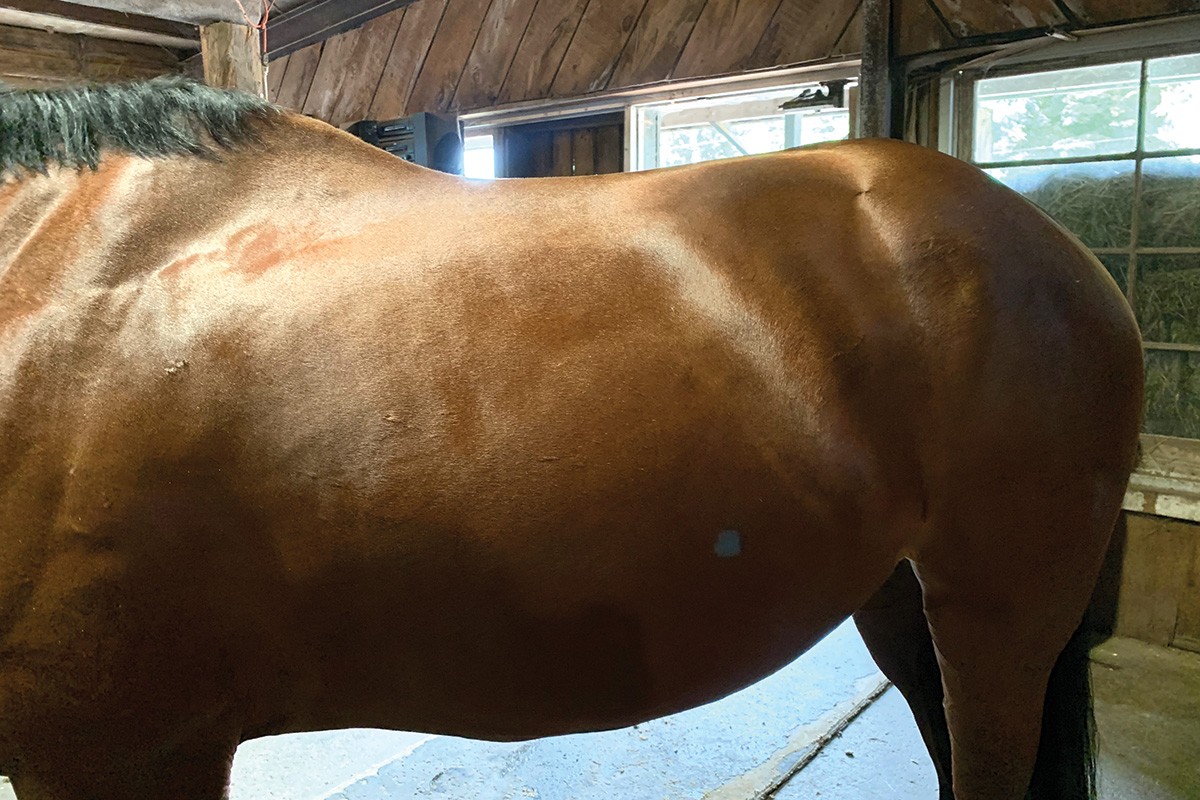
Based mostly on Schleese, an English saddle’s bars begin on the doorway D-ring and extend all the way in which by which down the saddle. On a western saddle, which is designed to have points hook up with it for path rides and ranching needs, the weight-supporting bars begin on the primary concho and end the place the seat connects to the skirt.
The bars ought to take a seat between the tip of the mane, the place the shoulder blade often ends, and the “ring of sunshine,” which is the place the hair glows in a curved line on the once more. The ring of sunshine signifies a transition from the horse’s full ribs to his lumbar (lower once more) vertebrae, which have flat transverse processes that are not linked to the sternum with a rib, and mustn’t bear weight.
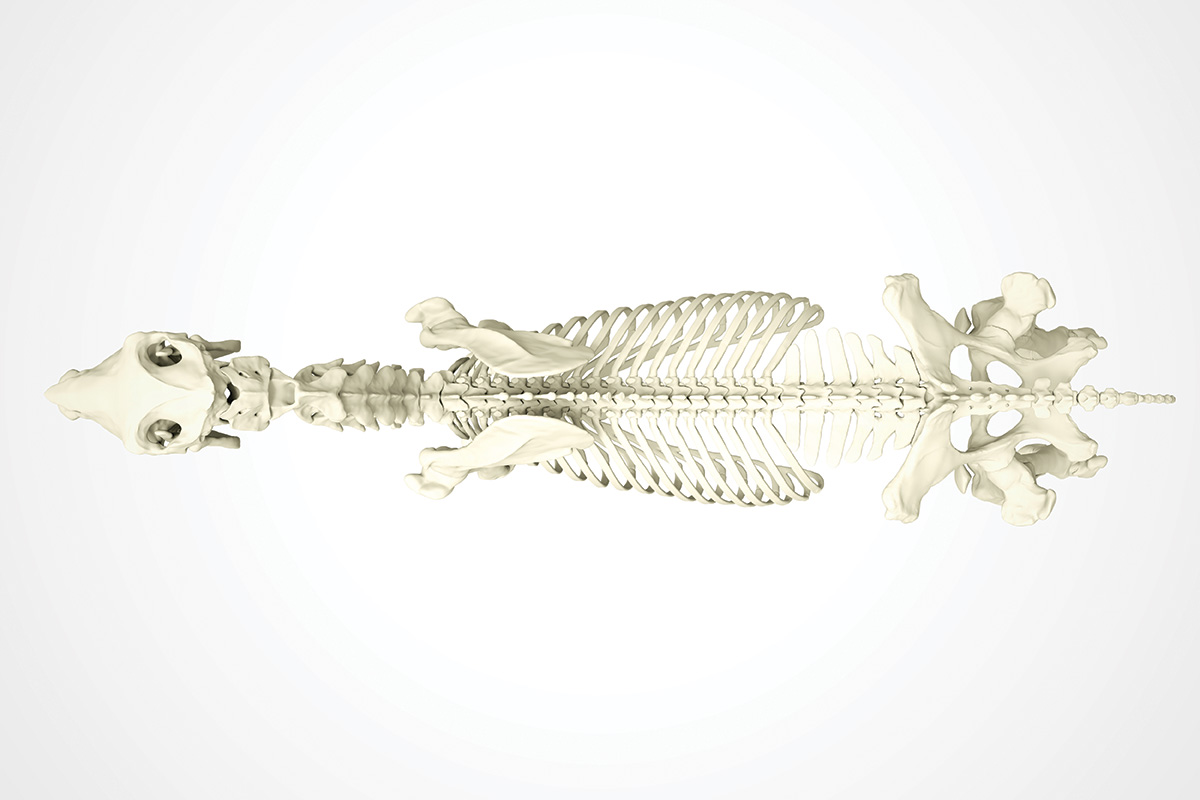
To check a saddle’s dimension, Schleese marks a horse with chalk the place the mane ends and the ring of sunshine begins, locations the saddle on with out a pad, and sees the place the bars of the saddle end in correlation to the chalk marks. The bars have to be contained in the marks.
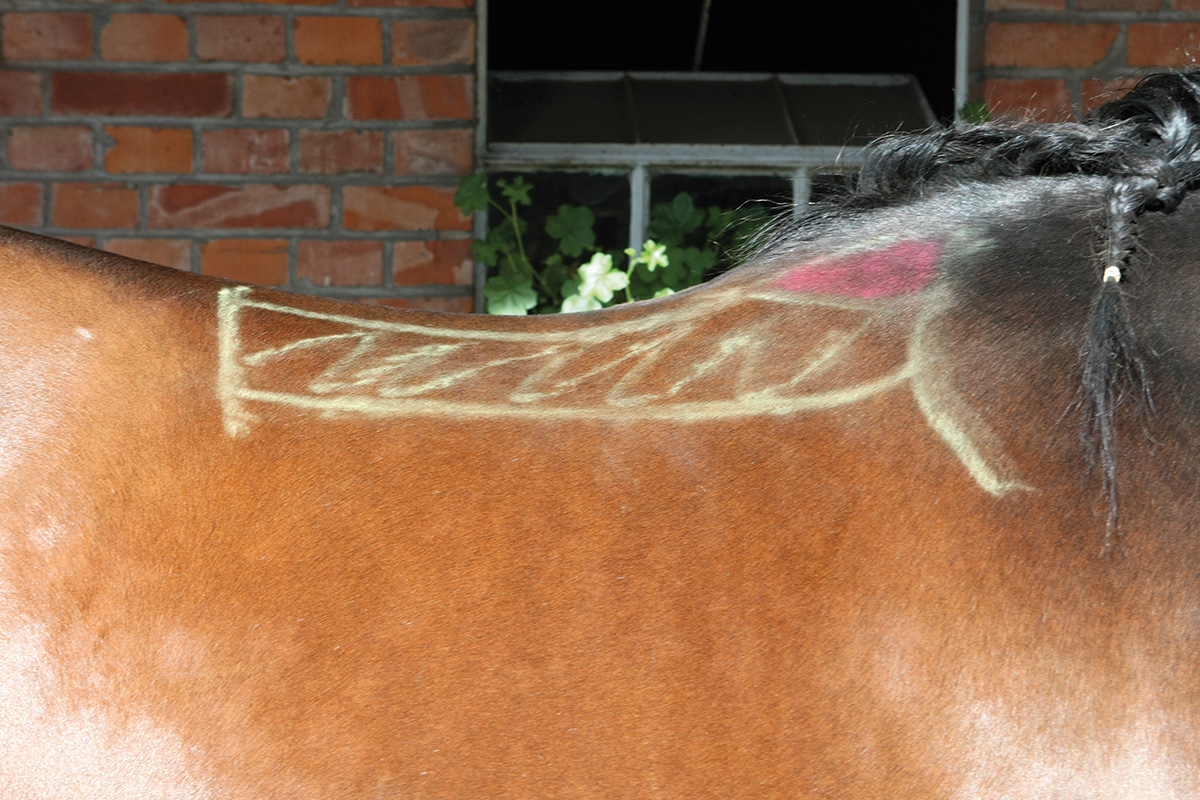
3. Bar Angles
As horses age, they alter type. Starting with spherical barrels, horses flip into further angled as they work and assemble muscle. It’s as a result of their rib cages are suspended by muscle teams instead of a skeletal development. Their posture modifications as they develop and research to utilize their our our bodies to help weight and carry themselves successfully. Their shoulder blades switch upwards and once more as they assemble muscle teams.
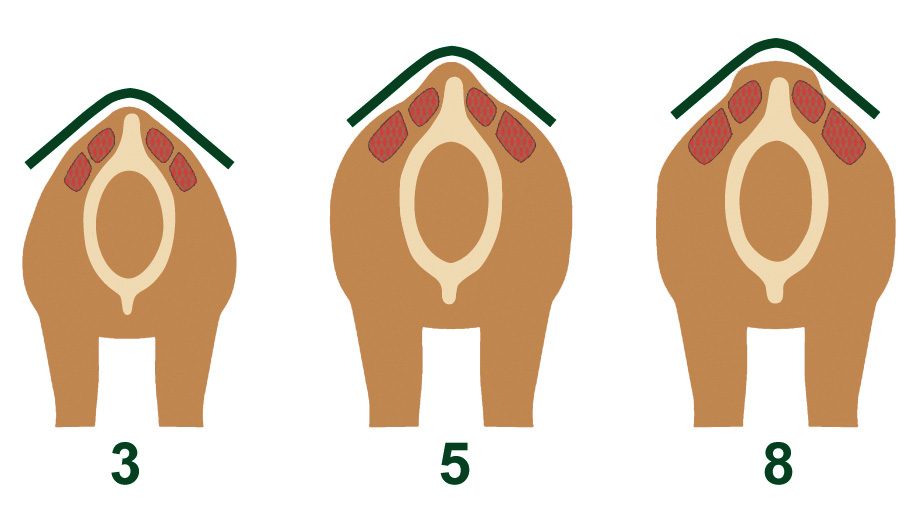
When turning into a horse, bear in mind age and stage of labor. A youthful horse will seemingly need flatter bars, whereas a well-trained older horse will need a saddle with steeper bars.
Saddle Changing into to the Rider
Changing into a saddle can often take a horse-focused flip, nevertheless remember the fact that you are an very important part of the equation for a further thoughtful saddle-fitting course of.
The anatomical variations between an individual and woman make for some beautiful saddle seat variations. Sitting in a gender-inappropriate saddle is uncomfortable, and for many who’re defending your self from discomfort, you will experience strain and a jerky rhythm will translate proper right down to the horse and impact his effectivity.
Males have straighter lower backs, longer tailbones, and reduce buttocks. This means they need a flatter saddle seat that will allow them to keep up their heels beneath themselves whereas driving.
In distinction, girls have further lower once more curvature, a shorter tailbone, and higher buttocks. The higher buttock muscle teams indicate that in a flat saddle seat, a girl’s pelvis will rotate backwards, giving the appears of a rounded once more. A saddle made for a girl can have further rise in the back of the seat, giving the buttocks a cosy enhance and allowing the spine to remain in its pure place.
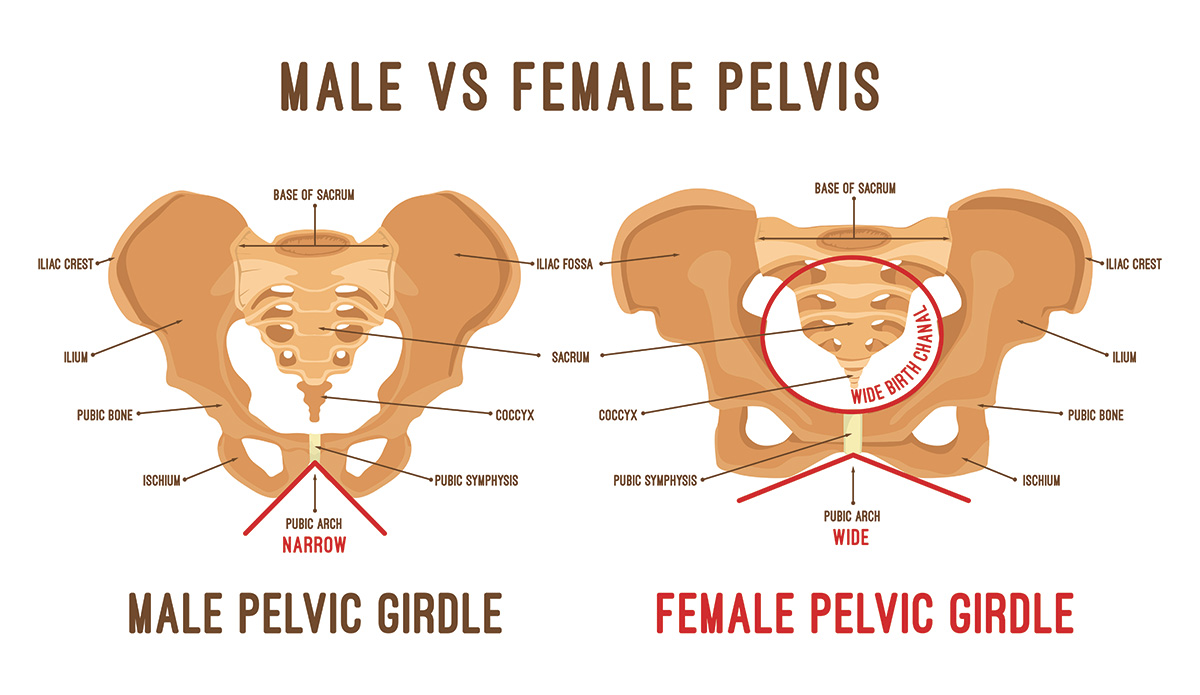
Jochen Schleese’s Motivation
Jochen Schleese has been working to assemble larger saddles for every horse and rider since 1982. His passion stems from a personal experience alongside along with his Hanoverian gelding, Pirat. A 3-day eventer, Schleese and Pirat licensed for the 1984 European Championships. Sadly, on account of lameness inside the left shoulder, Pirat and Schleese dropped out of the opponents.
“He started to have just a bit little little bit of an irregular step,” says Schleese. “And everytime you compete in your nation, you’re beneath a microscope. Disqualification happens because of [the horse] is not going to be 100 laptop sound.”
The workers veterinarians tried each little factor to help Pirat maintain cosy, nevertheless he was lastly retired. Making an attempt once more, Schleese is for sure that the saddle introduced on Pirat’s ache, and his experience helped him start a model new chapter in his saddle-making career.
By means of his educational agency Saddlefit 4 Life, Schleese teaches plenty of of people yearly about saddle match and certifies equine ergonomists, unbiased specialists who use actual measurements and science to research the match of a saddle to horse and rider. The Schleese workers has helped over 200,000 horses worldwide over time, and they also think about that education is significant to creating the obligatory modifications inside the commerce.
Hear further of Schleese’s notion on saddle turning into in this episode of Barn Banter.
Saddle match is unique, and one dimension not at all matches all. With main data, it’s less complicated to pick out a saddle that matches your horse and eliminates pointless ache.
This textual content about saddle turning into appeared inside the April 2022 drawback of Horse Illustrated journal. Click on on proper right here to subscribe!
[ad_2]
Provide hyperlink
